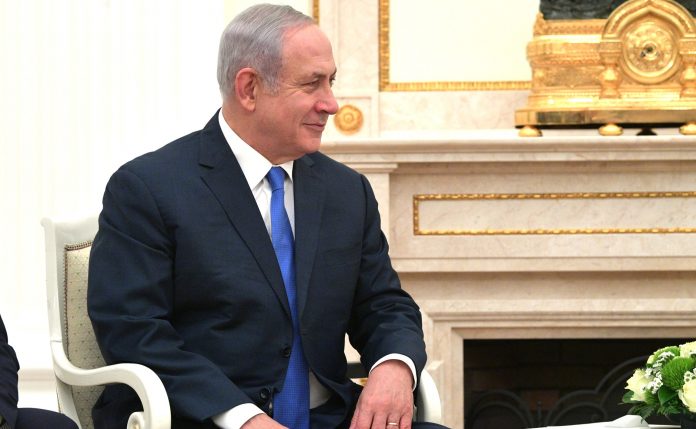
Prime Minister Benjamin Netanyahu is weighing up his election options as political party’s change positions moving forward.
Far-right Otzma Yehudit has pulled out of an agreement with the United Right Party to present a unified bloc in a Likud coalition government.
Netanyahu had backed the Otzma Yehudit-United Right combination but yehudit’s Itamar Ben-Gvir said his party’s expectations had not been fulfilled.
Minister of Education Rabbi Rafi Peretz (Jewish Home) accepted a ministerial post under an agreement reached by right wing parties Jewish Home, Otzma Yhudit and Tkuma but will not step down until September elections.
“Unfortunately, over these last months we weren’t treated fairly,” said Ben-Gvir. “Jewish Home Party some would say used us and then tossed us aside when you were done”.
New political alliances are being formed as elections loom.
Otzma Yehudit are reportedly considering partnering with other far-right factions.
Recent actions may be a concern for Netanyahu in his bid to be re-elected.
Polling data illustrates Netanyahu would be unable to form a coalition government if elections were held today.
Such a scenario, analysts have suggested, might see Netanyahu try cancel September elections and reform his government in a joint coalition with the Blue and White party.
But legally judicial officials have noted it is impossible to cancel a dissolution of the Knesset.
However, it has been reported that a Likud MK may submit a private members bill to enable the dissolution to be overturned.
In other election news, MK Ayelet Shaked has to decide her political future.
Shaked has options including a return to the New Right party which she formed with Naftali Bennet, the Bayit Yehudi and Zehut party.
Polls suggest she has electoral appeal.
Israel’s Arab parties Balad, Hadash, Ra’am and Ta’al have announced a return of a joint list which they ran in 2015 elections.
“Most of the Arab citizens want a joint list,” they said in a joint statement. “As such, we have put in the effort to come together as one party instead of splitting into two.”
The statement added there were challenges on a diplomatic level regarding the United States’ ‘Deal of the Century’, recognition of Jerusalem as Israel’s capital, annexation of the Golan Heights, attacks on UNRWA and regional conversations.
In April, the four parties ran two lists, winning six seats, three less than as a four-strong group in 2015.
The quartet have agreed to begin a public campaign.
By Adam Moses









